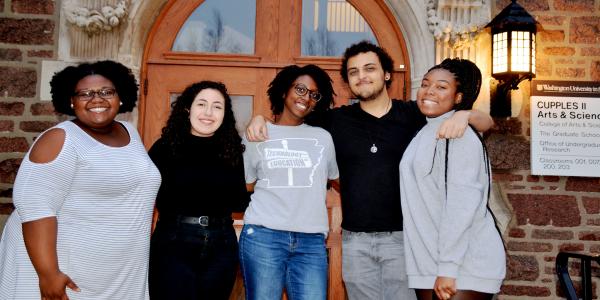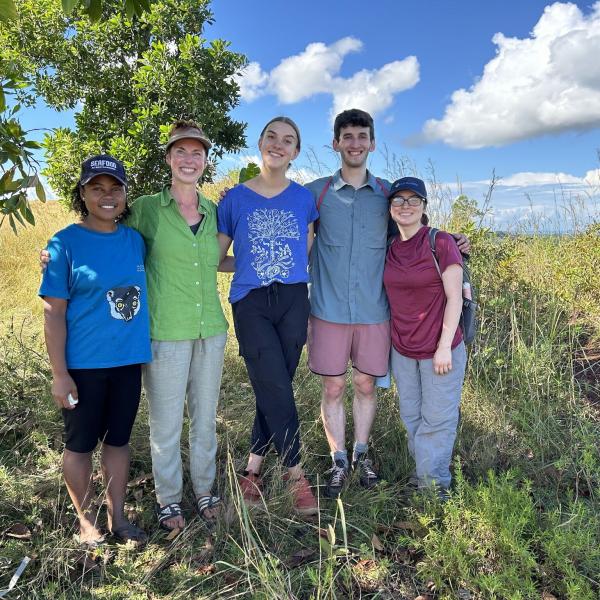The work of the scholar is easy in many ways. We read the work of those that have come before us, engage with it as loosely or as extensively as we see fit, and either build on or refute the work that our predecessors have produced. As novices in academia, the Mellons occupy the space between originality and mimicry. We learn our respective fields and methodologies while simultaneously producing original work. We hope—and I believe I am correct in stating this—that our work circulates not only in academia, but also among more quotidian circles. But as we read the work of scholars whose names are only recognized within academic circles, as we dive into theory that has taken us years to fully comprehend (and even more to produce), as we seek to (re)discover the work of authors lost in history we are faced with the dilemma of accessibility. How do we make our work accessible to those outside of academia? We translate our work.
In the process of translation, we close the space between the academic and the non-academic. We do so because of a deep desire to do some good in a world that is plagued with discrimination and inequality. Of course, our individual projects were born out of each fellow’s curiosity and drive to answer a question that has never been asked or give an answer that has never been considered.
Regardless, the scholarship that we constantly produce does not solely belong to us. It belongs to the scholars we built upon or contested against. It belongs to those people we might have interviewed or studied. It belongs to the authors we might have studied. It belongs to the communities that have raised and supported us because they have influenced our way of seeing the world. We are subjects of translation because it is our interpretation of everything that has occurred throughout our lives that have led us to produce our current projects.
At the same time, every single one of us in academia that works to give a voice to groups of people that have historically been marginalized is a translator. Translation, coming from the Latin words trans (on the other side of) and latio (rendering) is a term that should be present in all parts of academic discourse. After all, that is what scholars aim to do. We thrive on dialectics. The work of the scholar is easy in many ways, but where we are lacking, where we need to thrive in order to open the reach of our discourses is in the translatability of the scholarship we produce.
by Misael De La Rosa




